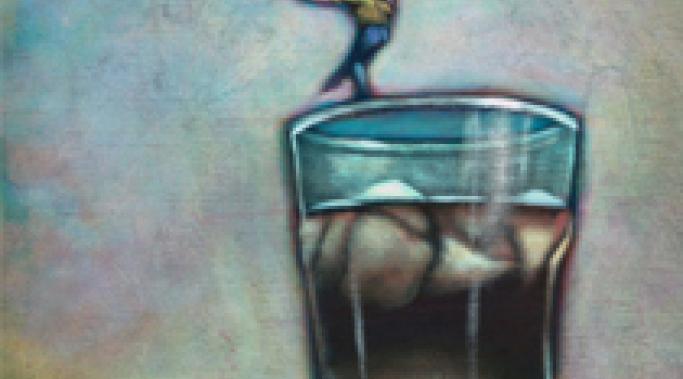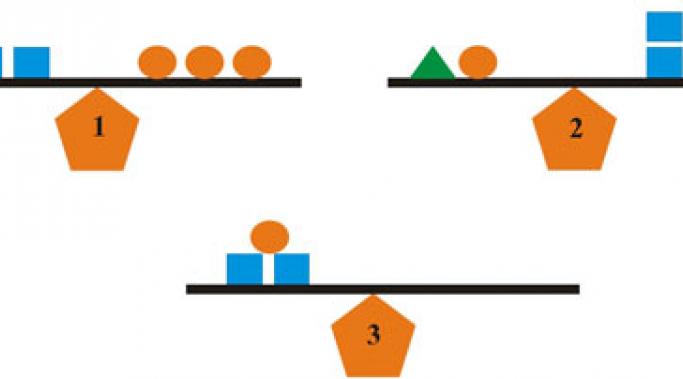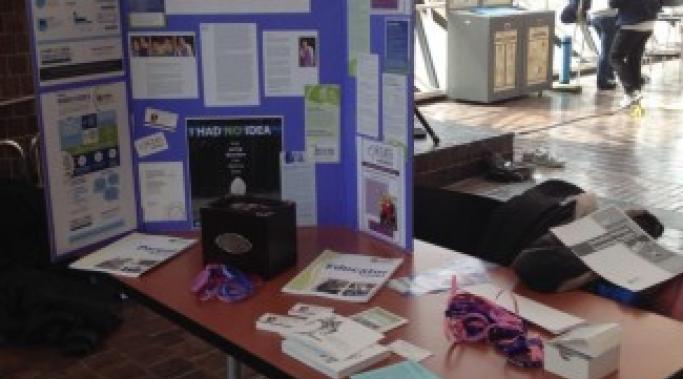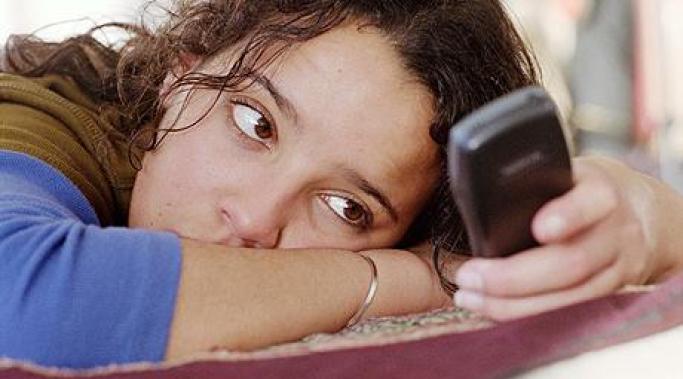Blogs
On March 25, I celebrated one year of sobriety by the grace of God and the fellowship of Alcoholic's Anonymous (A.A.). (Wondering if you're an alcoholic? Try the CAGE test.) I've been in a somewhat reflective mood and have considered all I've learned over the past year. Three sayings I've taken to heart are: "Fake it 'til you make it," "Anger is the dubious luxury of normal people," and "Keep showing up until the miracle occurs."
PTSD recovery, how to begin? To me, the most powerful way to engage in your recovery starts with education. That's why tonight I'm offering a free webinar about "How Trauma Affects Your Brain" (sign up by clicking the link for more info and to receive the replay later).
For one full hour I'll offer the inside scoop on the brain changes you can expect (or probably already experience) after trauma and with PTSD, plus answer your personal questions. You can sign up for this PTSD webinar here.
In addition to brain changes, if you have symptoms of the new PTSD criteria you probably live in a world of fear, anxiety and the expectation of danger. How do you begin shifting the balance toward calm, confidence and control? Reclaiming a sense of safety can add terrific strength to your daily coping and overall approach to recovery.
According to Substance abuse and bipolar comorbidity, up to 50% of people with bipolar disorder also have a history of substance abuse or dependence, and some studies have found even higher numbers.1 So, half of us folks with bipolar disorder also battle an addiction to drugs (including alcohol). But why is that? Why are so many people with bipolar disorder addicted to drugs?
Okay I'll admit it, eating disorder recovery maintenance doesn't always feel natural or easy and it's not always a pretty picture. I've been getting a lot of questions from people wanting to know if I find that eating disorder recovery gets easier with time. I also get asked if I still feel discouraged in maintaining eating disorder recovery.
Today I read an article introducing me to positive psychology. The article was co-written by Martin P. Seligman who proposed looking at a person’s strengths rather than weaknesses. When you apply this to a special needs child, it is about playing to the child’s strengths.
Both personally and professionally, I find that there are several benefits to playing to your child’s strengths. Check them out below.
Balance really is the key to life. Balance your life, your career, your significant other, and your children. Balance your attention-deficit/hyperactivity disorder (ADHD) symptoms. We're at our most successful and most functional when we have achieved the best balance of things. Today, I'd like to talk about how things get out of balance in the first place for those of us with adult ADHD. At least, this is how I view how our scales tip to and fro'.
Recently I spoke to a few Special Education classes about my book Noon. Whenever I speak about the book and the topics within it, I always ask if the students know what the many forms of self-harm are. I hear the usual cutting and burning, but almost always I hear someone say anorexia and bulimia.
Many people tend to forget that other addictions can be related to self-harm. I focus more on the emotional and physical aspects of self-harm, but eating disorders and drugs are also in the realm.
One of the most frustrating symptoms of depression is its ability to mess with your ability to concentrate. Even now, as I write this blog, my mind is flitting from thought to thought, topic to topic, and then to almost empty, blank.
Because my business life is so busy, my home is really my sanctuary. That is where I reflect and spend quality time… ~Rachel Roy
Essence of Home
Is your life hectic? Are you constantly moving at Mach 2? Do you have a special place where you can breathe a sigh of relief and throttle back? Do you have a place you can call your personal sanctuary?
"Humble abode," in essence, means a home marked by meekness in the air. Your home should be your creation—a true expression and extension of you. Life can be hectic and the daily grind can take its toll. Often times you may feel out of sorts and out of balance. But when you arrive home, you should feel comfortable, at ease and in harmony with your surroundings. Being in your home should make you feel good.
I have been in schools as a teaching assistant sub over the past couple of weeks and one thing I have noticed is the overuse of cell phones in class and in the halls. For many of you, this is common and not out of the ordinary. However, when I was in high school, cell phones had just become popular and not everyone had one. There wasn’t a need to check Facebook every two minutes and barely anyone texted.
By constantly checking social media and “Snap Chatting” friends throughout the day, the possible level of stress and anxiety can rise. Why? Because by checking Facebook, Instagram and Twitter every few minutes, you could read or see something that could bring you down.








